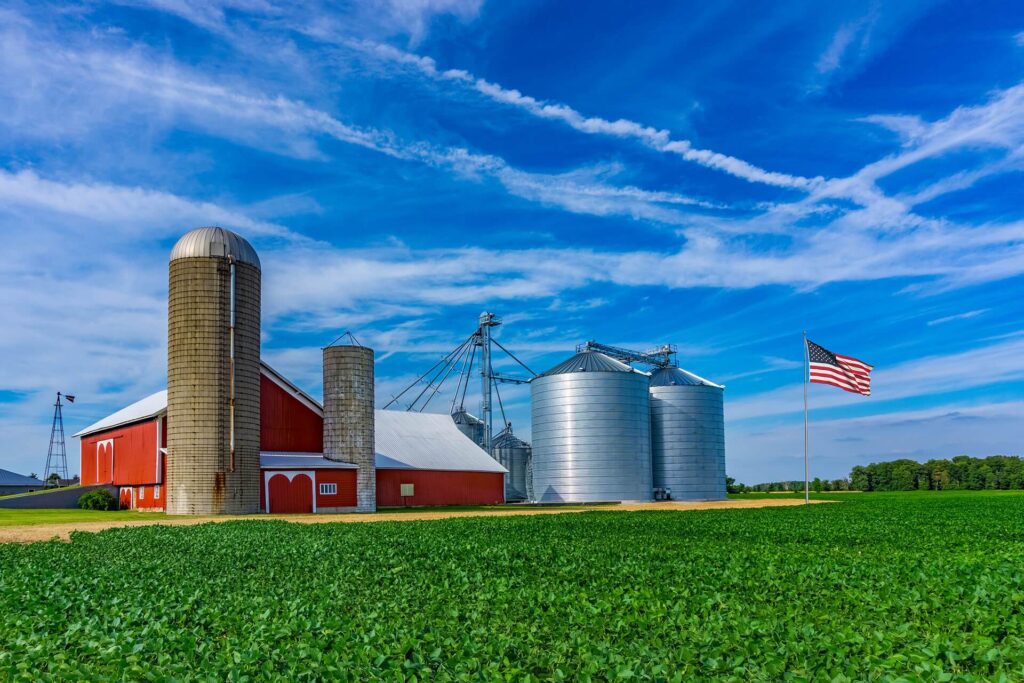Buying a Farm
It Feels Like Home!

Follow These Steps for Buying a Farm: A Complete Guide.
Buying a farm is a significant investment and lifestyle change that requires careful planning, research, and consideration. In this comprehensive guide, we’ll outline the essential steps involved in buying a farm to help you navigate the process successfully.
1: Define Your Goals and Vision
Before diving into the search for a farm, take the time to clarify your goals, vision, and priorities for the property. Consider factors such as:
- Type of farming activities you intend to pursue (crop farming, livestock farming, organic farming, etc.)
- Size and location of the farm
- Budget and financing options
- Lifestyle preferences and long-term plans for the property
Having a clear understanding of your objectives will guide your search and decision-making process.
2: Research Farming Opportunities and Market Trends
Conduct thorough research on farming opportunities, market trends, and agricultural practices in the regions you’re considering for your farm. Explore factors such as:
- Climate and soil conditions
- Local regulations and zoning ordinances related to farming
- Market demand for agricultural products
- Availability of water resources and infrastructure
Gather information from agricultural extension services, local farming organizations, and online resources to inform your decision.
3: Assess Financial Considerations and Secure Financing
Evaluate your financial situation and determine your budget for purchasing a farm. Consider factors such as:
- Purchase price of the property
- Closing costs and other fees associated with the transaction
- Operating expenses and ongoing costs of farm ownership
- Potential sources of financing, such as loans, grants, or government assistance programs
Consult with financial advisors, lenders, and agricultural specialists to explore financing options and develop a realistic budget for your farm purchase.
4: Search for Suitable Properties
Begin your search for farm properties that meet your criteria and preferences. Utilize online real estate listings, agricultural publications, and local real estate agents specializing in rural properties to identify potential farms for sale.
Consider visiting properties in person to assess their suitability, condition, and features. Pay attention to factors such as:
- Land quality and topography
- Availability of infrastructure (barns, fences, irrigation systems)
- Proximity to markets, amenities, and essential services
- Potential for expansion or diversification of farming activities
5: Conduct Due Diligence and Property Inspection
Once you’ve identified a farm property of interest, conduct thorough due diligence and property inspections to evaluate its suitability and condition. Consider hiring professionals such as:
- Land surveyors to assess property boundaries and easements
- Environmental consultants to evaluate soil quality and potential environmental hazards
- Building inspectors to inspect structures and facilities on the property
Review relevant documents, such as property surveys, land titles, and zoning regulations, to ensure compliance and identify any potential issues or restrictions.
6: Negotiate Purchase Terms and Finalize the Transaction
Once you’re satisfied with the property and have completed your due diligence, negotiate purchase terms with the seller. Work with real estate agents, attorneys, and other professionals to draft and review purchase agreements, including terms related to:
- Purchase price and payment terms
- Contingencies (such as financing and property inspections)
- Closing date and procedures
Ensure that all necessary legal and financial requirements are met, and finalize the transaction through the appropriate legal channels.
7: Plan for Farm Operations and Management
After completing the purchase of your farm, develop a comprehensive plan for farm operations and management. Consider aspects such as:
- Crop or livestock production schedules
- Equipment and infrastructure maintenance
- Labor and staffing needs
- Marketing and sales strategies for agricultural products
Seek advice from experienced farmers, agricultural consultants, and extension services to develop a realistic and sustainable farm plan.
8: Embrace the Farming Lifestyle and Community
Finally, embrace the farming lifestyle and immerse yourself in the agricultural community. Get involved in local farming organizations, attend workshops and events, and connect with fellow farmers to share knowledge, resources, and support.
Remember that farming is a dynamic and challenging endeavor that requires dedication, resilience, and ongoing learning. Stay open to new experiences, adapt to changing conditions, and enjoy the journey of farm ownership.
Buying a farm is a significant decision that involves careful planning, research, and due diligence. By following these essential steps and seeking guidance from experienced professionals, you can navigate the farm buying process successfully and embark on a rewarding journey of agricultural entrepreneurship and stewardship.
